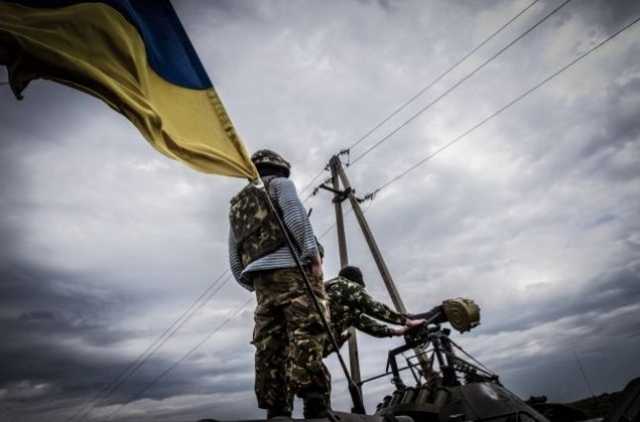Lawyer
Legal protection of the civilian population in the conditions of military conflict
War is always a tragedy for humanity, especially for civilians who become defenseless victims of armed conflict. However, despite the horrors of war, international humanitarian law provides a number of norms and mechanisms designed to protect civilians during armed conflicts. In this article, we will consider the legal protection of the civilian population and the role of lawyers in ensuring its compliance.
Key terms:
1. International humanitarian law
2. Geneva Conventions
3. Consultation of a lawyer
4. Analysis of documents
5. Legal opinion
6. Legal opinion of the lawyer
The main source of international humanitarian law is the Geneva Conventions and their Additional Protocols. These documents establish clear rules for the conduct of military operations and the protection of civilians during armed conflicts. In particular, they prohibit attacks on the civilian population, require the protection of civilian objects, and regulate the rules of treatment of prisoners of war and other categories of civilians.
However, unfortunately, cases of violations of the norms of international humanitarian law are not unique during military conflicts. In such situations, the consultation of a lawyer becomes extremely important for the protection of the rights of the civilian population.
A lawyer can provide qualified advice on the application of relevant norms of international law and national legislation, as well as advise how to act in specific situations of violation of the rights of civilians. In addition, legal assistance is necessary for the collection and analysis of documents confirming the facts of violations.
Analysis of documents, such as medical certificates, photo and video materials, eyewitness accounts, is a key stage in the process of legal protection of the civilian population. On the basis of a thorough study of these documents, a lawyer can prepare a legal opinion, which describes in detail the detected violations and justifies the need to bring the culprits to justice.
A legal opinion can be used to appeal to international organizations such as the UN, the International Committee of the Red Cross, or to national law enforcement agencies to investigate crimes against civilians.
In addition, the lawyer can provide a legal opinion that explains in detail the legal consequences of the findings
violations and possible ways to protect the rights of injured civilians. This document can be used in legal proceedings as evidence and legal justification of claims.
It is worth noting that the protection of the civilian population during an armed conflict is a complex and multifaceted issue that requires the concerted efforts of lawyers, human rights defenders, international organizations, and state governments. Only with close cooperation and strict adherence to the norms of international humanitarian law can the suffering of civilians be minimized and further violations of their rights prevented.
In conclusion, it should be emphasized that despite the brutality of the war, international humanitarian law establishes clear rules for the protection of the civilian population. Lawyers play a key role in ensuring compliance with these regulations by providing advice, analyzing documents, and preparing legal and legal opinions. Their work is critical to bringing human rights abusers to justice and restoring justice to civilian victims. Only by working together can we make the world safer and more secure for the civilian population.

































